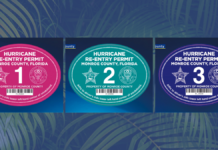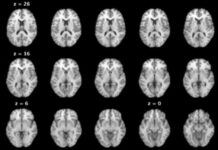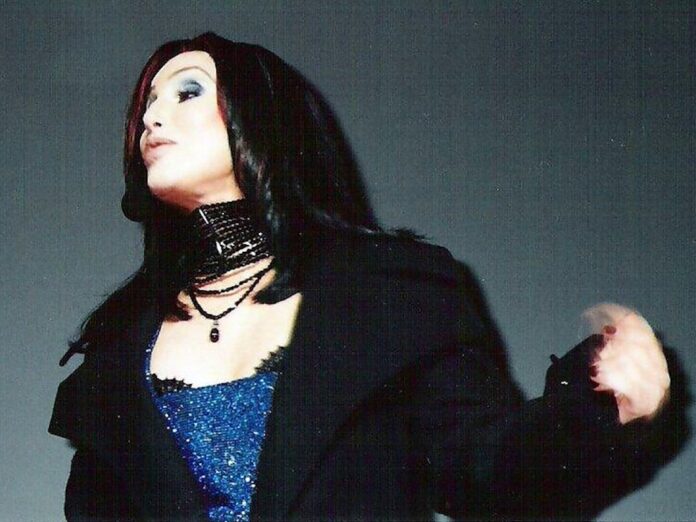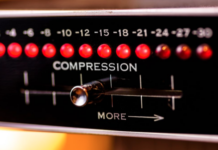The year is 1998. The Mars Rover hits the news — and a rock — and Cher comes out with an autotune-saturated song called “Believe.” The effect was so prevalent in the song it was named “Cherbot.” Unbeknownst to your average listener, this song marked one of the most subtle, and yet one of the 50 worst, inventions ever, as deemed by Time Magazine.
For the uninitiated, the program is called Auto-Tune. It’s recording software that corrects imperfections in a singer’s voice by raising or lowering the pitch to match what’s required. And therein lies the rub.
Prior to 1998, every vocal you heard was the singer’s natural voice, warts and all. And we loved them for it. “Bohemian Rhapsody” is exactly what Freddie Mercury would sound like in your living room. Simply awesome.
Auto-Tune has become the norm in the industry. Who decides these things? In this case, major record companies, including the thousands of “independent” labels owned and operated by them.
So why does this matter? Isn’t “perfect” always the best? Let us begin with the idea that no vocalist is perfect. Many professional singers are very accurate with their pitch when analyzed, but none is perfect. And we’ve never cared. When we saw them live, we were in the moment and perfection was a concept more than a desire. In the studio, a singer could polish vocal performance to the best of their capabilities. And that’s what we heard. In rock music especially, many singers needed many at-bats to record the best vocal. It could take hours and days of dedication and love to get every note of a line as close to what they wanted it to be.
Auto-Tune changed all that. Now those hours could be better spent perfecting the recording process and marketing the product. Less time in the studio means less investment in the artist. It also meant that vocal accuracy, training and experience were not as essential for commercial success as they used to be. And consequently, artists could be more easily controlled and less empowered if they were of a lesser talent level and needed these studio tricks to maintain the quality of the studio recordings in a live setting. Yes, nearly everything you hear that appears to be live is prerecorded and auto-tuned, as it is a requirement by all major record labels, for both live and studio performances. That being said, there are some holdouts. Some artists refuse to use it. Especially those who came up without it.
Let us clarify that a majority of your favorite artists use Auto-Tune very subtly, making the slightest of changes to appease these standards and to match the competition.
The end result of all this? Watching a new generation growing up comparing themselves and their talents to computer-enhanced perfection — and feeling as if they fall short.
























